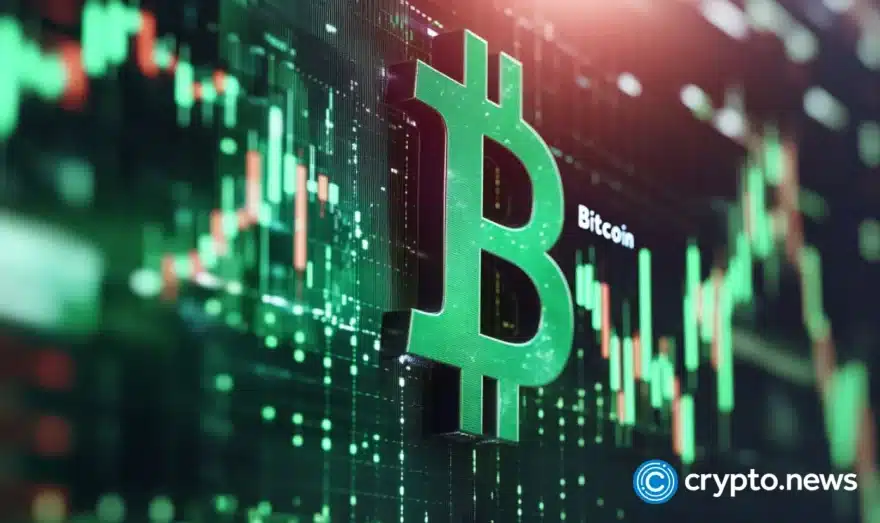U.S. Election Security and The Blockchain: Interview With Darin Stanchfield, CEO of KeepKey

On the eve of the November 8 U.S. election day, the New York Times is reporting five election vulnerabilities of serious concern including information disclosures, voter registration interference, manipulated polling numbers to news outlets, internet disruptions that prevent access to polls, and voting machines tampering.
These issues, amid a hotly debated election, are generating significant chatter regarding election security protocol, begging the question; is the U.S. voting system due for a complete overhaul to prevent the possibility of such corruption to occur?
At BTCManager, we had a brief moment to interview Seattle-based security expert Darin Stanchfield, on how blockchain technology may ultimately be the answer in terms of boosting security and protecting voting systems from attacks. Stanchfield is the CEO of KeepKey, a Seattle-based company that builds the world’s most secure digital hardware wallet for bitcoin and other digital assets. Darin’s expert commentary on security has been featured by Yahoo Finance and the New York Post.
Darin, in your view, what level of significance should we place on reports about potential election fraud and hacks? What sorts of vulnerabilities in the technology are creating these concerns?
In today’s global information environment, where the threats of coordinated hacks are pervasive, we should take all security concerns seriously. These types of threats are very real and actively happening. Unfortunately, the biggest problem with all of this is that digital security effectiveness is a constantly moving goalpost.
Are there ways in which protocols such as those being used by KeepKey can be employed to strengthen election systems?
Yes. We are currently doing three things that could improve current election systems. First, our protocol uses secure offline hardware to protect sensitive data for, in our case, bitcoin and other forms of digital assets. What we’re seeing with this upcoming election is that the security of electrons moving over wires has not yet been mastered. Offline hardware removes this vulnerability.
The second improvement is tied to how KeepKey authenticates its users to manage this sensitive data. Our system is akin to having a personal notary overseeing each transaction, governed by the rules of cryptography and math.
Finally, our technology is open source. What’s key here is that if the code is not transparent or open for review, one may never know what secrets lurk under the hood.
To contrast, current election systems are networked. They do little to authenticate those casting votes. Finally, these systems are typically closed and not easily reviewable by security researchers or the public at large. These are problems that blockchain can help to address.
Do you believe that the current election voting system currently at risk from a large hack?
Unfortunately, any system of this nature is at risk of being hacked.
So what might blockchain offer in terms of mitigating these sorts of hacks and data compromises in the future?
The Blockchain does indeed provide innovations that current systems could embrace. The immutable nature of the blockchain means that if used in an election system, once a vote is cast it cannot be manipulated. In addition, the blockchain is ideally suited to provide an audit trail for election results. Finally, the use of a public Blockchain like the one employed with Bitcoin would mean that the entire (voting) system is decentralized with no single point of failure for attackers to target. That’s key.












